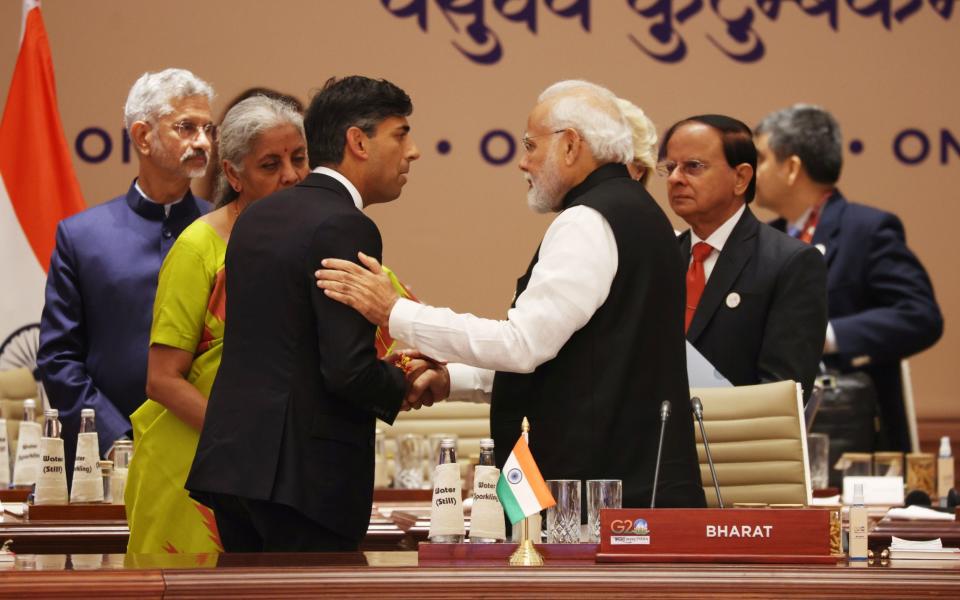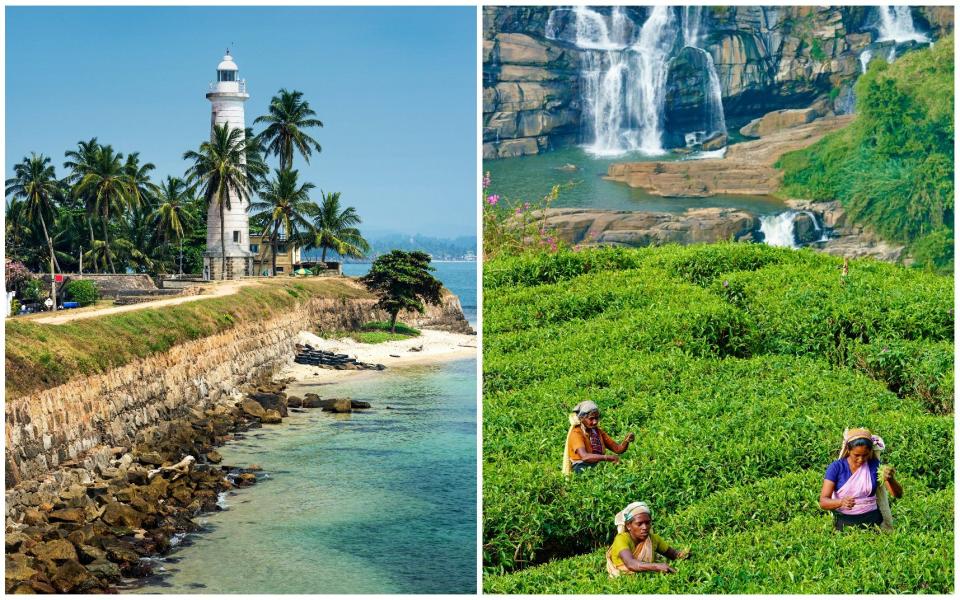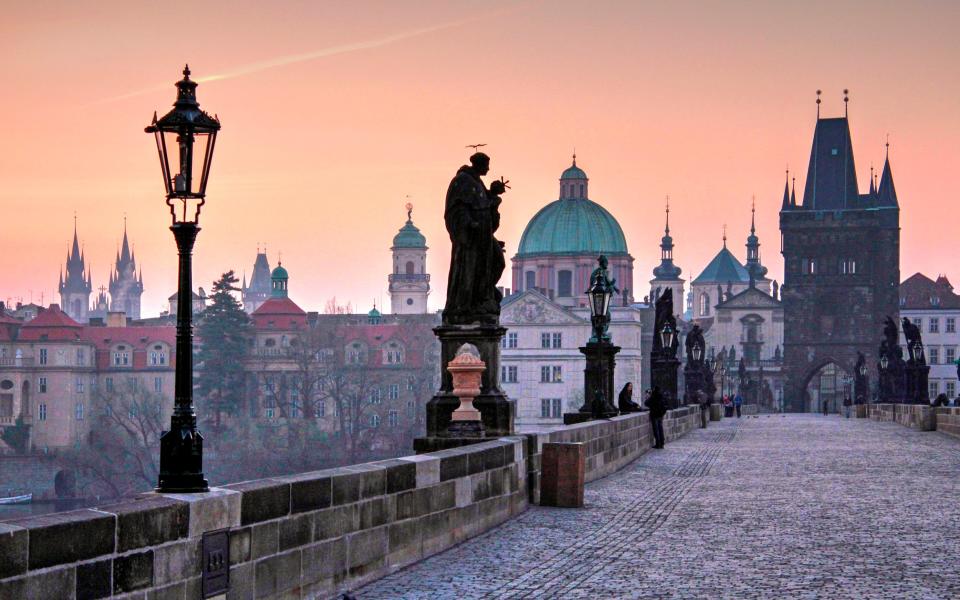What’s in a name? Since Christmas is here, let’s talk about Turkey, or rather Turkey.
Last year, the United Nations accepted President Erdoğan’s request for his country to be referred to as Turkey. It was not widely kept outside of official documents, but from Erdogan’s perspective, he pushed the name of the Turkish language into international institutions and thus polished his nationalist identity in his own country.
In fact, the country did not actually change its name. It had been Turkey since the fall of the Ottoman Empire, but the anglicized “Turkey” had long been used abroad. Erdogan is thought to want to eliminate his country’s association with the large bird that is devoured by many at Christmas.
Similarly, at the G20 summit in September, Indian Prime Minister Narendra Modi stirred feathers when he sat behind a sign labeled “Bharat,” an ancient Sanskrit word referring to the part of the country between the mountains and the sea. Modi has long argued that the name “India” is linked to colonialism and that a change would follow the logical process of cities such as Kolkata, formerly Kolkata, and Mumbai, once Bombay, changing their colonial names; however, critics argued it was a political ploy by Modi aimed at appealing to Hindu majoritarianism.


So Shakespeare may have written, “What we call a rose/Smells as sweet by any other name,” but it seems the adage is much less applicable to nations than to flowers (and Montagues). As Erdogan and Modi know, names matter. These are the building blocks of identity and can reflect a country’s heritage, culture, identity and aspirations.
But of course, Turkey and India are far from being pioneers in the post-colonial name-changing game. For example, the French may have named a region Upper Volta, but in 1982 the locals preferred Burkina Faso, a name derived from local languages. Similarly, in 1964, Congo-Leopoldville became the Democratic Republic of Congo, and residents of its capital, Leopoldville, soon renamed their home Kinshasa, not wanting to be reminded of King Leopold II, one of the most brutal of all colonizers. .
There are similar stories all over the world. Siam became Thailand, Burma is now Myanmar. India’s island neighbor, re-christened Ceylon by the Portuguese in the 1500s (it became Ceylon when the British came along), probably reverted to its original name (“Lanka” from the Sanskrit word for “island”) in the 1970s. “Sri” (“Beautiful”) in 1972.


And of course spelling rules are also important. You may recall that shortly after Russia’s invasion of Ukraine last year, the Ukrainian government insisted that its capital be spelled Kiev, not Russian, to reflect Ukrainian tradition.
So how to change the name of an entire country? First of all, you need to officially inform the UN and advise how to write the new name in the six official languages of the UN (Arabic, Chinese, English, French, Russian and Spanish). Next usually comes the expensive undertaking of replacing all your flags, official documents such as passports, ID cards and driver’s licences, as well as documents relating to international agreements; this causes headaches when disputant countries insist on renegotiation because the original has been accepted. With Country X, not Country Y. All of this can take time; Just ask Sri Lanka, where references to Ceylon lingered in official documents, currency and websites until 2011.
Afterwards? Some changes are more successful than others.
Many people in India and around the world still refer to Mumbai as Bombay, and many of its institutions (the Bombay Stock Exchange and the Bombay High Court) retain their old name.
Similarly, you won’t hear anyone in North Macedonia refer to it by the name it adopted in 2019: This change from Macedonia was made simply to get around and resolve a dispute with Greece, which has a province of the same name. Greece’s veto of joining NATO.


There is also the Czech Republic; There is a work in progress. Officially the country remains the “Czech Republic”, but in international forums it wants to be known as the Czech Republic because it is quicker – good branding, if you will. It also makes for a better football chant.
And after all, nothing lasts forever. Paris was Lutetia (from the not-so-flattering Latin word meaning “swamp”), Toronto was York, Istanbul was Constantinople, New York was New Amsterdam. Borders are changing, names are changing too; Even though Türkiye is the last, it will definitely not be the last.